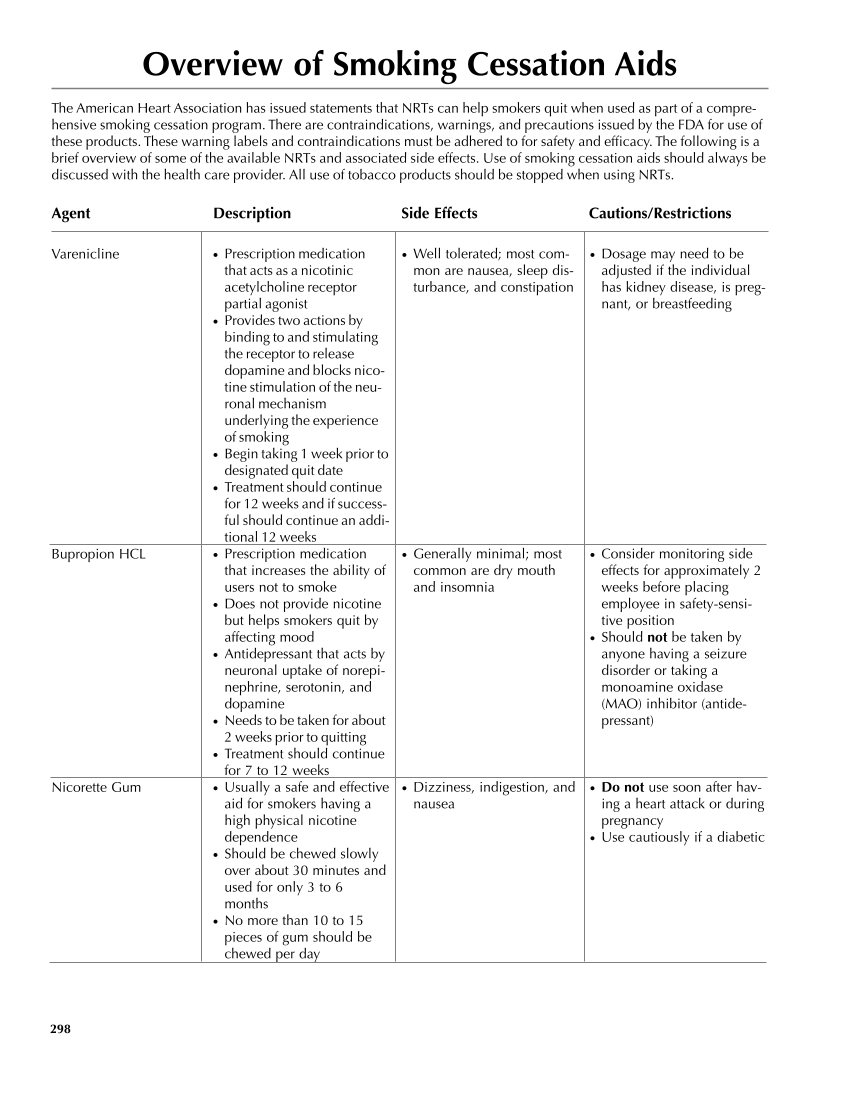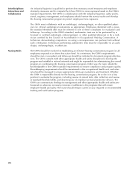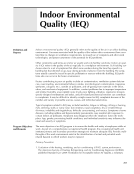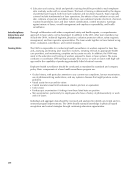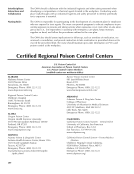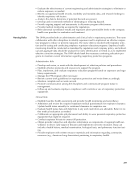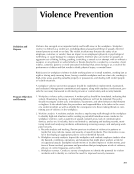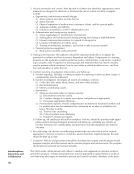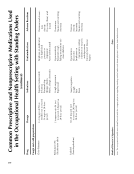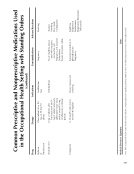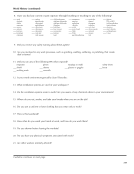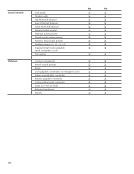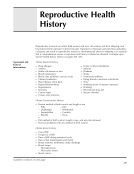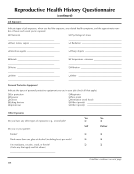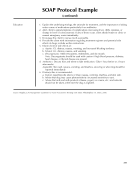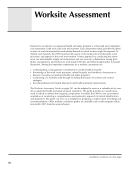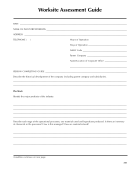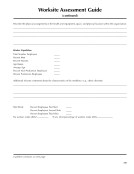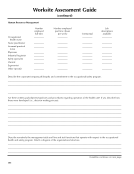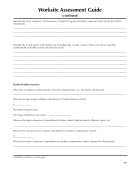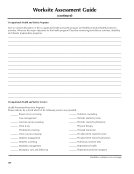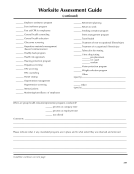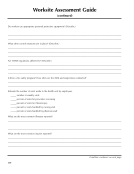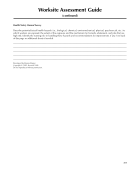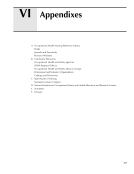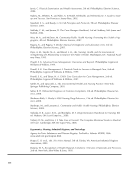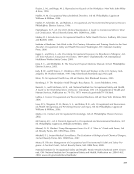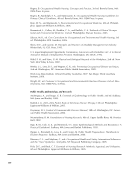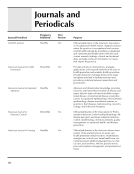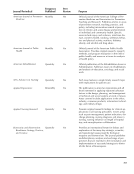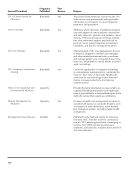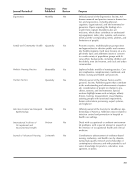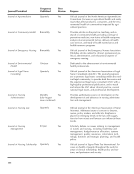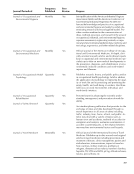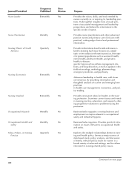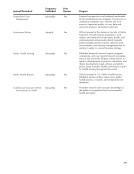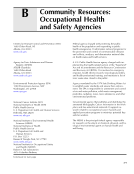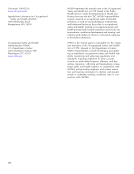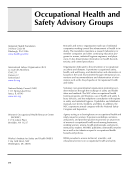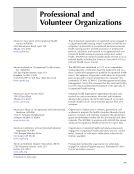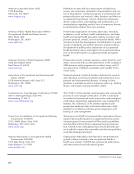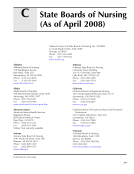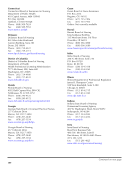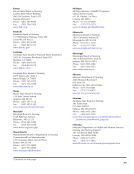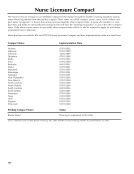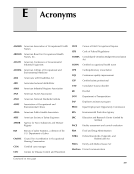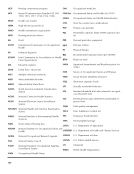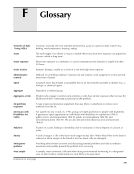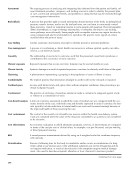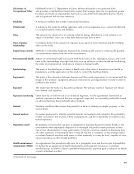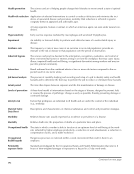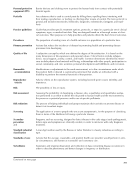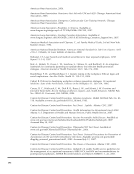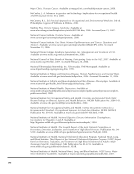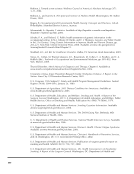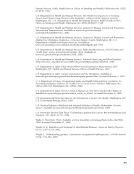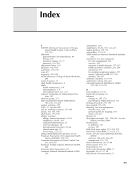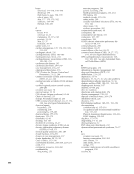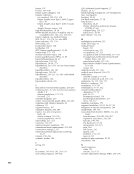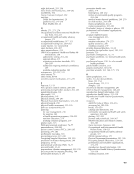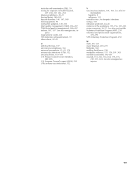Overview of Smoking Cessation Aids The American Heart Association has issued statements that NRTs can help smokers quit when used as part of a compre- hensive smoking cessation program. There are contraindications, warnings, and precautions issued by the FDA for use of these products. These warning labels and contraindications must be adhered to for safety and efficacy. The following is a brief overview of some of the available NRTs and associated side effects. Use of smoking cessation aids should always be discussed with the health care provider. All use of tobacco products should be stopped when using NRTs. Agent Description Side Effects Cautions/Restrictions Varenicline Bupropion HCL Nicorette Gum 298 ● Prescription medication that acts as a nicotinic acetylcholine receptor partial agonist ● Provides two actions by binding to and stimulating the receptor to release dopamine and blocks nico- tine stimulation of the neu- ronal mechanism underlying the experience of smoking ● Begin taking 1 week prior to designated quit date ● Treatment should continue for 12 weeks and if success- ful should continue an addi- tional 12 weeks ● Prescription medication that increases the ability of users not to smoke ● Does not provide nicotine but helps smokers quit by affecting mood ● Antidepressant that acts by neuronal uptake of norepi- nephrine, serotonin, and dopamine ● Needs to be taken for about 2 weeks prior to quitting ● Treatment should continue for 7 to 12 weeks ● Usually a safe and effective aid for smokers having a high physical nicotine dependence ● Should be chewed slowly over about 30 minutes and used for only 3 to 6 months ● No more than 10 to 15 pieces of gum should be chewed per day ● Well tolerated most com- mon are nausea, sleep dis- turbance, and constipation ● Generally minimal most common are dry mouth and insomnia ● Dizziness, indigestion, and nausea ● Dosage may need to be adjusted if the individual has kidney disease, is preg- nant, or breastfeeding ● Consider monitoring side effects for approximately 2 weeks before placing employee in safety-sensi- tive position ● Should not be taken by anyone having a seizure disorder or taking a monoamine oxidase (MAO) inhibitor (antide- pressant) ● Do not use soon after hav- ing a heart attack or during pregnancy ● Use cautiously if a diabetic
Purchased from OEM Press by (ge corporate access). (C) 2013 OEM Health Information, Inc. All rights reserved.
